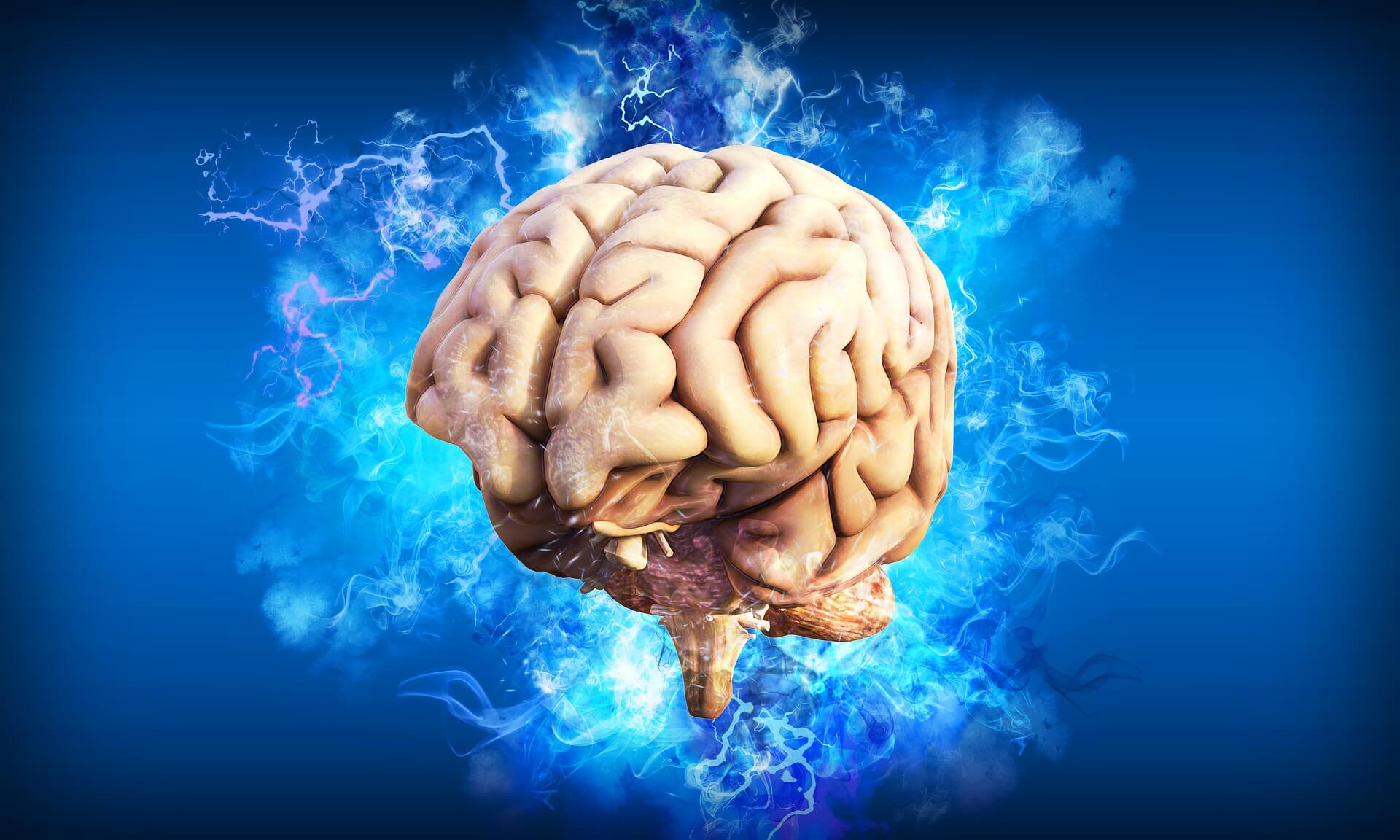
Parkinson’s disease is the fastest-growing neurological condition in the world, in the UK, there are around 145,000 people with the disease.
What are the types of Parkinson’s
There are different types of Parkinson’s, but they all have similar symptoms. The three main types are:
There are different types of Parkinson’s, but they all have similar symptoms. The three main types are:
People with this type of Parkinson’s have tremor, rigidity, and slow movements. It’s called Idiopathic Parkinson’s because the cause of it is unknown.
This type of Parkinson’s is caused by the restricted blood supply to the brain. A person who has suffered a mild stroke can sometimes have this type of Parkinson’s. The most common symptoms are problems with sleep, mood, movement, and memory.
This type is caused by drugs like those used to treat psychotic disorders and schizophrenia. Most people have the symptoms of Parkinson’s, but they will disappear as soon as they are taken off the medication that is causing the Parkinson’s symptoms.
There are three main symptoms of Parkinson’s, and these are slowness of movement, muscle stiffness and shaking. But there are some early signs you can look for and these include:
Needing to go for a wee without warning or getting up throughout the night.
You can lose your sense of smell a long time before other symptoms appear.
You may also suffer from anxiety in the early stages of Parkinson’s. You may feel worried or have a sense of dread even though you don’t know why. Anxiety can also give you heart palpitations or make you perspire or feel breathless.
If you feel sad and you’ve lost the enjoyment, you used to feel doing things you enjoyed before then you could be depressed.
If you feel tired from the moment you get up and it lasts all day, then you could be suffering from fatigue. Mental fatigue means you can’t concentrate for very long.
Shaking from Parkinson’s commonly starts in the hand on one side of the body and then spreads down to the arm and leg on the same side. There’s no cure for a tremor, but there are medications you can take to control them.
The slowness of movement is known medically as bradykinesia, and it usually means that someone with Parkinson’s will take longer to do things like walking or paying for a bus ticket.
If your body feels rigid you may have stiff muscles, a lack of flexibility and cramps. It means doing up buttons and tying shoelaces is harder and will take longer.
Your doctor will prescribe medication to help you. You may also be offered therapies to help depression or anxiety. It is recommended that you try and do some physical activity because this can help you with flexibility and improve low mood.
If you are still in the early stages, you could cycle or swim regularly. If you have slow movement then getting out into the garden or for a short walk will help you get out into the fresh air.
The symptoms we’ve described could also be caused by other things and not Parkinson’s. Anxiety and depression for example can be caused by stress. See your doctor if you have any signs of shaking or rigidity and they will give you tests for Parkinson’s
If you find you feel tired for no reason you may need a boost with vitamins or minerals. Have a chat with us here at VSM Pharmacy and we’ll see what we can recommend for you.
Osteoporosis causes bones to become weak and break easily. People with Parkinson’s often have this condition. Studies have shown that taking vitamin D and calcium might help to keep bones stronger. A vitamin D supplement may be advised by your doctor if you don’t get out of the house because naturally, it comes from sunlight.
If you don’t have a diet that’s rich in fruit and vegetables then you may want to consider taking an antioxidant. Antioxidants neutralise and trap free radicals. Free radicals damage molecules in your body and are caused by things like smoking, or pollution.
Coenzyme Q10 is another antioxidant which occurs naturally in your body but the amounts decrease as you get older. It can help people who have heart disease or diabetes and it’s found in foods such as offal, beef and oily fish.
Talk to the staff here at VSM Pharmacy, if you want to start taking any vitamins or supplements that your doctor has recommended.
If you want to find out more about Parkinson’s, then have a look at the Parkinson’s website.

To provide the best experiences, we and our partners use technologies like cookies to store and/or access device information. Consenting to these technologies will allow us and our partners to process personal data such as browsing behavior or unique IDs on this site and show (non-) personalized ads. Not consenting or withdrawing consent, may adversely affect certain features and functions.
Click below to consent to the above or make granular choices. Your choices will be applied to this site only. You can change your settings at any time, including withdrawing your consent, by using the toggles on the Cookie Policy, or by clicking on the manage consent button at the bottom of the screen.